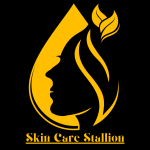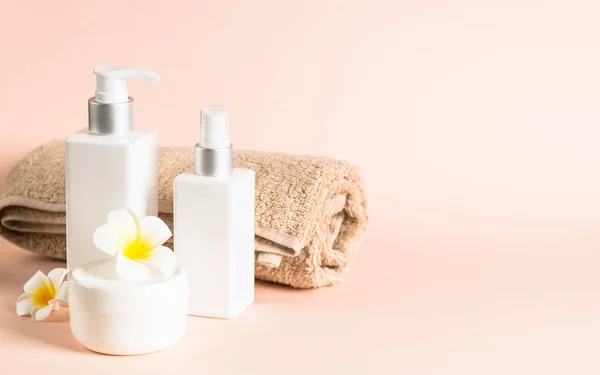What Is A Toner Skincare: A toner is a liquid skincare product designed to balance the skin’s pH levels, remove traces of dirt and makeup, and prepare the skin to better absorb moisturizers and serums.
In the symphony of skincare routines, the oft-overlooked but virtuoso performer is none other than the humble yet mighty toner. Picture this: it’s the backstage magician, the secret sauce, the whispered promise of radiant skin.
But what exactly is this elixir in a bottle? A toner isn’t just a liquid to splash on your face; it’s the maestro orchestrating harmony among your skin’s pH levels, refining texture, and prepping the canvas for the masterpiece of your skincare routine.
It’s the unsung hero that whispers sweet nothings to your pores, bidding them to shrink, and to your complexion, urging it to glow. So, let’s unravel the mystique and uncover the symphonic wonders of what truly is a toner in the realm of skincare.
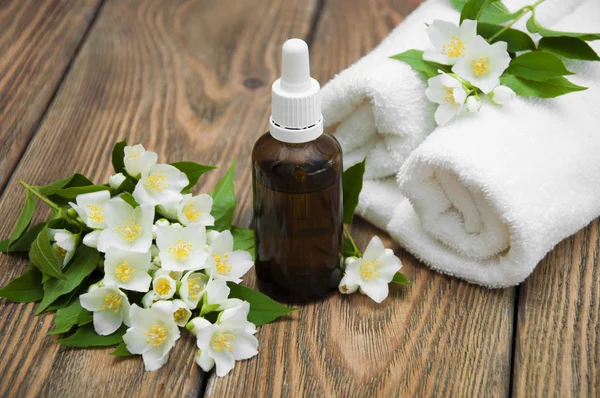
What Is A Toner Skincare
What is a Toner Skincare?
Toner skincare is a liquid skincare product applied to the skin after cleansing and before moisturizing. It is designed to remove any remaining traces of dirt, oil, and makeup, as well as to balance the skin’s pH levels. Toners often contain ingredients like hyaluronic acid, glycerin, and antioxidants to hydrate, soothe, and prepare the skin for subsequent products.
Understanding Toner Skincare
Toner skincare is a vital step in any skincare routine, serving as a bridge between cleansing and moisturizing. It helps to remove impurities that may linger after cleansing, such as makeup residue and excess oil. Additionally, toners can help to minimize the appearance of pores, refine the skin’s texture, and enhance the absorption of serums and moisturizers.
Key Benefits of Toner Skincare
Using a toner regularly can result in clearer, more balanced skin. It helps to restore the skin’s natural pH levels, which can become disrupted by harsh cleansers. Toners also provide an extra layer of hydration and can help to soothe irritation and inflammation. Furthermore, they can assist in tightening pores and reducing the risk of breakouts.
Choosing the Right Toner for Your Skin
When selecting a toner, it’s essential to consider your skin type and specific concerns. For oily or acne-prone skin, look for toners with ingredients like salicylic acid or witch hazel to help control oil production and minimize breakouts. Dry or sensitive skin types may benefit from hydrating toners containing ingredients like rose water or chamomile extract.
Incorporating Toner into Your Skincare Routine
To incorporate toner into your skincare routine, simply apply it to clean skin using a cotton pad or your fingertips. Gently sweep the toner across your face and neck, avoiding the eye area. Follow up with your favorite serums, moisturizers, and sunscreen. Use toner both morning and night for best results, and enjoy the refreshed, balanced skin it provides.
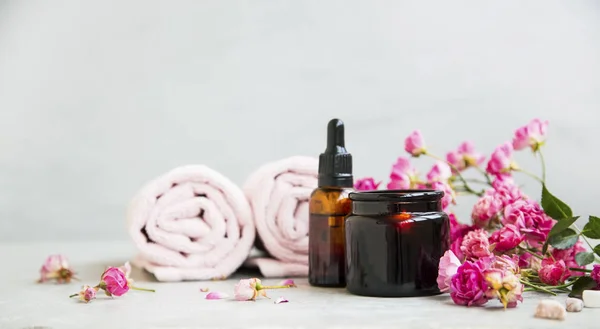
Basics of Toner Skincare
Historical Context and Evolution Toners have traversed a rich historical landscape, evolving from their origins as astringent-based remedies to multifunctional skincare essentials. Over time, they have adapted to meet diverse skincare needs, reflecting advancements in formulation and consumer preferences.
Composition and Types of Toners
Alcohol-based Toners
Traditionally, alcohol-based toners were popular for their astringent properties, believed to tighten pores. However, modern formulations tend to avoid excessive alcohol content due to its drying effect.
Water-based Toners
These toners are gentle and hydrating, often serving as a foundational step in skincare routines to balance the skin’s moisture levels.
Exfoliating Toners
Formulated with ingredients like AHAs and BHAs, exfoliating toners help slough off dead skin cells, promoting a smoother complexion and addressing concerns like uneven texture and dullness.
Hydrating Toners
Rich in humectants like hyaluronic acid, these toners replenish moisture, leaving the skin supple and refreshed.
Common Ingredients in Toners
Astringents
Ingredients like witch hazel and tea tree oil are known for their astringent properties, helping to minimize the appearance of pores and control excess oil.
Humectants
Hydrating toners often feature humectants such as glycerin and hyaluronic acid, attracting moisture to the skin and improving its hydration levels.
Antioxidants
Toners infused with antioxidants like vitamin C and green tea extract help protect the skin from environmental damage and premature aging.
Botanical Extracts
Extracts from plants like chamomile and aloe vera soothe and nourish the skin, providing additional benefits beyond hydration.
Acids (e.g., AHA, BHA)
Alpha hydroxy acids (AHAs) and beta hydroxy acids (BHAs) work to exfoliate the skin, promoting cell turnover and revealing a brighter, more radiant complexion.
Understanding pH Balance and Toners Maintaining the skin’s natural pH balance is crucial for a healthy complexion. Toners formulated with pH-balancing ingredients help to restore the skin’s optimal pH levels, enhancing its ability to absorb subsequent skincare products and maintain overall health.
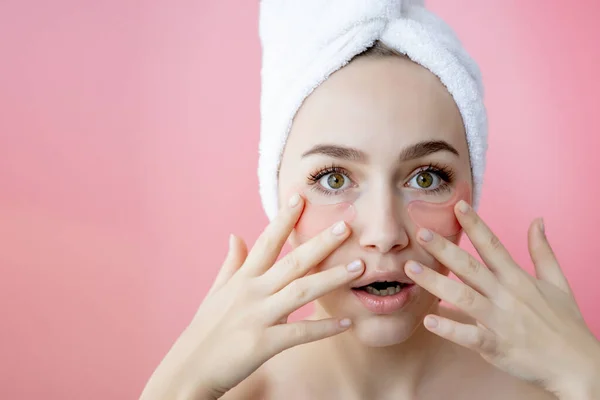
Benefits of Using Toner
Toner offers numerous benefits for skincare routines. Firstly, it balances skin pH, promoting a healthy complexion. Additionally, it effectively removes residual impurities missed during cleansing, leaving skin fresh and clean.
Moreover, toner hydrates and moisturizes, enhancing skin’s natural radiance. It primes the skin, preparing it for optimal absorption of subsequent skincare products. Toner also soothes and calms irritated skin, providing relief from redness and inflammation.
Furthermore, it addresses specific skin concerns like acne and aging, with targeted formulas tailored to individual needs. Incorporating toner into your daily regimen can lead to clearer, smoother, and more youthful-looking skin.
How to Choose the Right Toner
Skin Type and Concerns
Begin by assessing your skin type (dry, oily, combination, sensitive) and specific concerns (acne, aging, dullness). This will guide you towards toners tailored to address your unique needs.
Ingredients to Look For and Avoid
Scan labels for beneficial ingredients like hyaluronic acid for hydration, glycolic acid for exfoliation, and antioxidants for protection. Avoid harsh chemicals such as alcohol, sulfates, and synthetic fragrances, which can irritate the skin.
Texture and Formulation
Opt for a toner with a lightweight, non-greasy texture that absorbs easily into the skin. Choose between liquid, gel, or mist formulations based on personal preference and ease of application.
Consideration of Other Skincare Products in Routine
Ensure compatibility with other skincare products in your routine. For example, if you use a retinol serum, select a gentle toner to prevent over-exfoliation and sensitivity.
Patch Testing and Allergy Considerations
Before full application, perform a patch test on a small area of skin to check for any adverse reactions. If you have known allergies or sensitivities, prioritize toners labeled as hypoallergenic or fragrance-free.
In summary, prioritize your skin type and concerns, scrutinize ingredients, consider formulation, compatibility with other products, and always perform a patch test for optimal toner selection.
Incorporating Toner into Skincare Routine
Incorporating toner into your skincare routine is crucial for maintaining a healthy complexion. Understanding the frequency of use is key; experts recommend using toner twice daily, morning and night, after cleansing.
When applying toner, you have various techniques at your disposal. Some prefer the traditional cotton pad application, while others opt for spritzing directly onto the skin or patting it in gently.
Toner should be applied after cleansing and before serums or moisturizers to maximize its benefits. Layering toner with other products enhances absorption and efficacy, ensuring your skin receives the full nourishment it deserves.
Common Myths and Misconceptions about Toners
Contrary to popular belief, toners aren’t just for oily skin. They balance pH levels and prep skin for better absorption, benefiting all skin types.
There’s a misconception that alcohol-based toners are harmful. While some may be drying, many modern formulas use gentle ingredients like witch hazel or rose water for a soothing effect.
Some believe toners are unnecessary in skincare routines, but they serve crucial purposes like removing residual dirt and makeup, tightening pores, and hydrating skin.
Another myth suggests toners can replace cleansing. However, they complement cleansing by removing impurities missed during washing and restoring skin’s natural balance.
By addressing these myths and using related terms like skincare routine, pH balance, alcohol-free, and cleansing, we can provide valuable information to readers seeking clarity on toners.
Toner Skincare Tips and Tricks
DIY Toner Recipes
Revitalize your skincare routine with easy-to-make DIY toners using natural ingredients like witch hazel, rose water, and apple cider vinegar. Explore concoctions tailored to your skin type for a personalized touch.
Multitasking Uses of Toners
Discover the versatility of toners beyond traditional application. Use them as makeup setters, refreshing mists throughout the day, or even mix with moisturizers for an extra hydration boost.
Travel-Friendly Toner Hacks
Streamline your skincare routine while on the go with travel-friendly toner solutions. Opt for toner pads soaked in your favorite formula or transfer your liquid toner into a compact spray bottle for convenient application anywhere.
Maximizing the Benefits of Toner with Tools
Enhance the efficacy of your toner by incorporating tools like facial mists and toner pads. Spritz toner mist before applying serums for better absorption, or use toner pads to gently exfoliate while toning for smoother, more radiant skin.
Potential Side Effects and Precautions
Potential side effects and precautions are crucial considerations when using skincare products. Overuse and skin sensitivity can lead to adverse reactions such as irritation, redness, or dryness. It’s important to avoid excessive application and monitor your skin’s response.
Allergic reactions may occur in some individuals, manifesting as itching, swelling, or rash. Always check product ingredients to prevent allergic responses. Interactions with other skincare products can affect efficacy or exacerbate side effects.
Be cautious when combining different products and consult a dermatologist if unsure. Consulting with a dermatologist before starting a new skincare regimen is advisable, especially for those with sensitive skin or existing skin conditions. Prioritize your skin health and seek professional guidance when needed.

FAQs
What is toner skincare, and why is it important?
Toner skincare is a liquid solution applied to the skin after cleansing and before moisturizing. It helps to balance the skin’s pH levels, remove any remaining impurities, and prepare the skin for better absorption of subsequent skincare products.
What are the key benefits of using a toner?
Toners can help to tighten pores, hydrate the skin, restore pH balance, remove traces of dirt and oil, and provide additional nutrients and antioxidants to the skin.
How do I incorporate toner into my skincare routine?
After cleansing your face, pour a small amount of toner onto a cotton pad or into your hands and gently pat it onto your skin. Follow with your serum, moisturizer, and sunscreen (during the day).
Are all toners the same, or do they serve different purposes?
Toners come in various formulations tailored to different skin types and concerns. Some toners focus on hydration, while others target acne, aging, or brightening. It’s essential to choose a toner that suits your skin’s specific needs.
Can toner help with acne-prone skin?
Yes, certain toners contain ingredients like salicylic acid or witch hazel, which can help to unclog pores, reduce inflammation, and prevent breakouts in acne-prone skin.
Will using a toner dry out my skin?
Not necessarily. Many modern toners are formulated with hydrating ingredients like hyaluronic acid or glycerin to replenish moisture and prevent dryness. However, alcohol-based toners may be drying for some individuals, so it’s essential to choose a toner appropriate for your skin type.
When should I use a toner in my skincare routine?
Toner is typically used after cleansing and before applying serums or moisturizers. It’s an essential step in both morning and evening skincare routines.
Can I make my own toner at home?
Yes, homemade toners can be made using natural ingredients like rose water, green tea, apple cider vinegar, or witch hazel. However, it’s essential to ensure that the ingredients are suitable for your skin type and that proper hygiene is maintained during preparation.
How long does it take to see results from using a toner?
Results from using a toner can vary depending on factors like the specific product used, individual skin type, and consistency of use. Some people may notice improvements in their skin’s texture and appearance within a few days to a week of regular use.
Can toner replace other skincare products like serums or moisturizers?
While toner is an essential step in a skincare routine, it typically complements other products rather than replacing them. Serums and moisturizers often contain active ingredients that target specific skincare concerns, whereas toners primarily focus on balancing and preparing the skin.
conclusion
In conclusion, a toner is a versatile skincare product that plays a crucial role in maintaining healthy and balanced skin. Whether it’s hydrating, exfoliating, or soothing, toners offer a multitude of benefits for various skin types and concerns.
By incorporating a toner into your skincare routine, you can effectively cleanse, prep, and nourish your skin, promoting a clearer, more radiant complexion. With the right toner tailored to your specific needs, you can elevate your skincare regimen and achieve the glowing, healthy skin you deserve.
